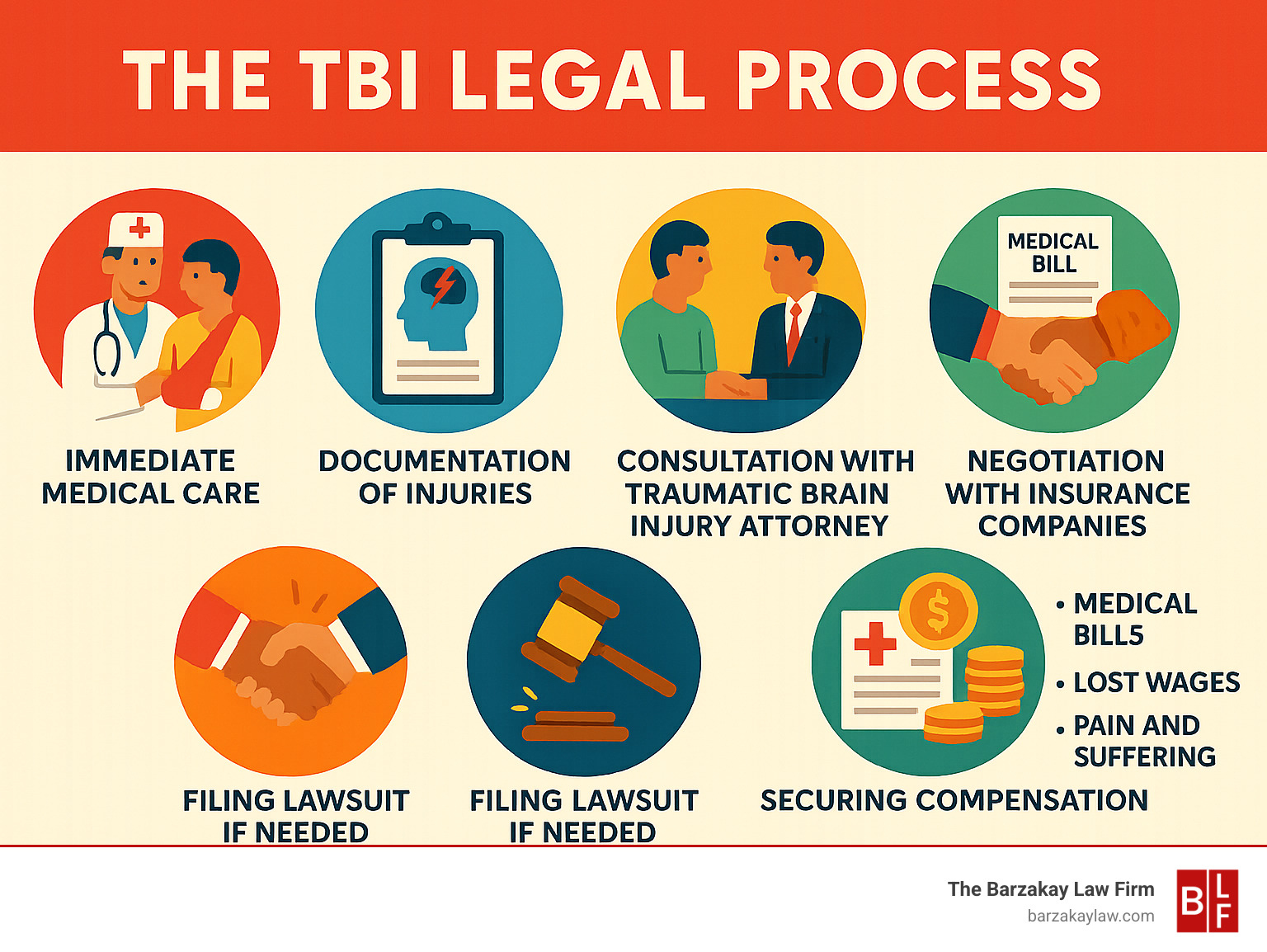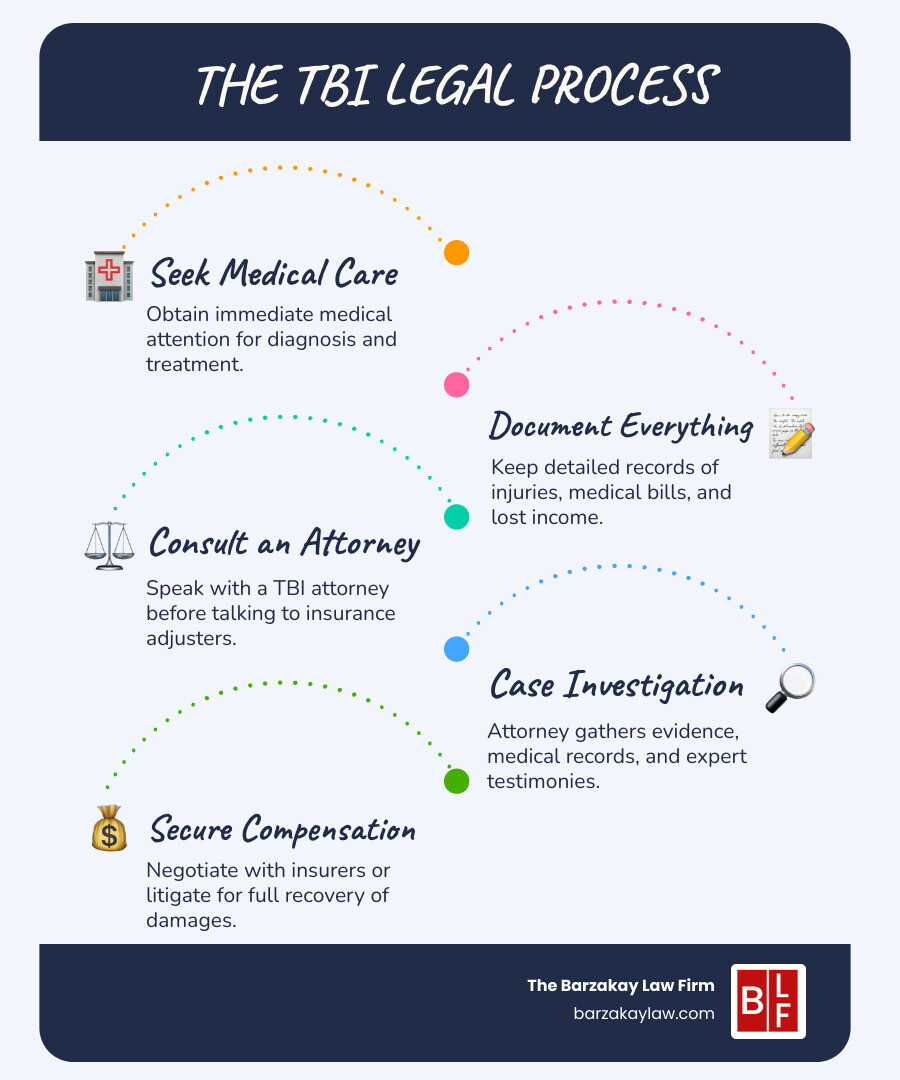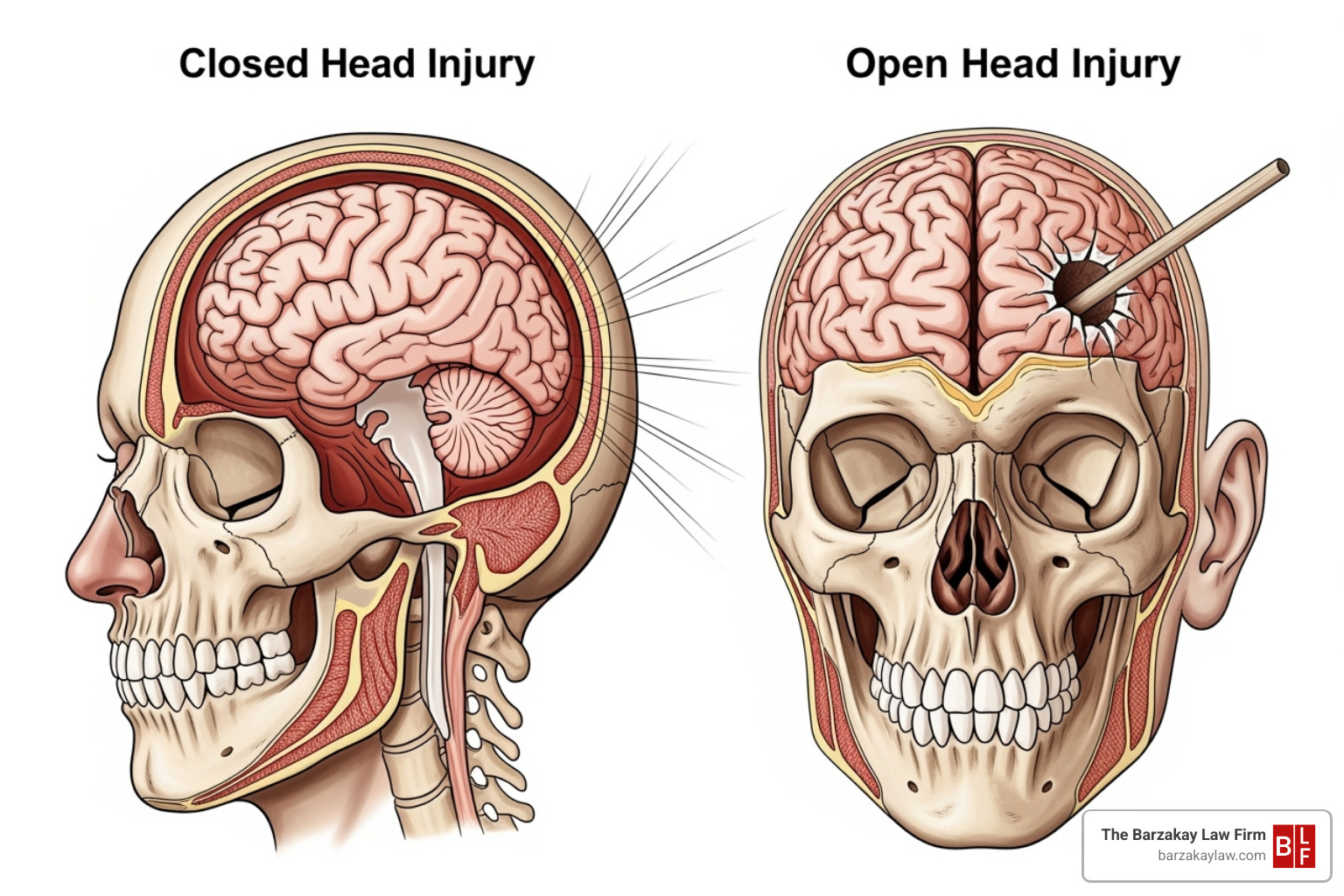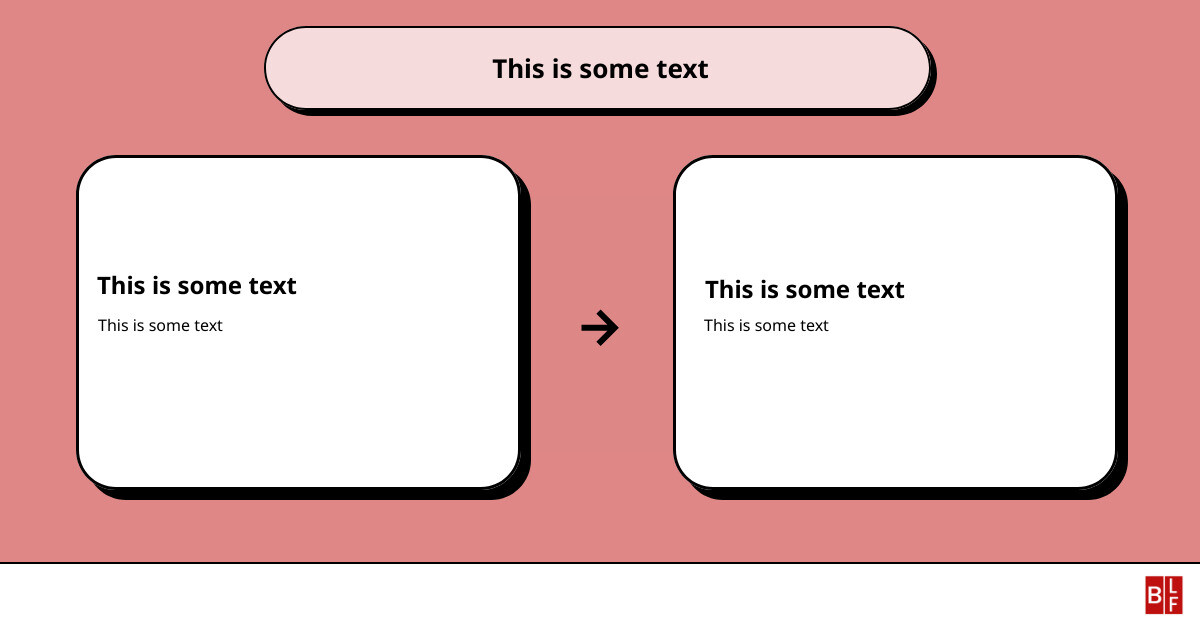Why Legal Representation Matters After a Traumatic Brain Injury
When you need a traumatic brain injury attorney, you’re facing one of the most complex areas of personal injury law. Here’s what you need to know:
Key Reasons to Hire a TBI Attorney:
- Invisible injuries – TBIs often have no visible signs but cause devastating effects.
- Complex medical evidence – Requires understanding of brain anatomy and injury mechanisms.
- Insurance tactics – Companies often deny or minimize TBI claims.
- Future costs – Lifetime care can cost from $600,000 to over $1.8 million.
- Specific knowledge – TBI cases need attorneys who understand the intersection of law and neurology.
A traumatic brain injury can turn your life upside down in an instant. Unlike a broken bone that heals, a TBI can alter a person’s sense of self, leaving families feeling isolated and overwhelmed. The statistics are sobering: each year, about 2.5 million people in the U.S. sustain a TBI.
What makes these cases so challenging is that TBIs are often “invisible injuries.” A loved one may look the same on the outside but struggle with memory, concentration, and personality changes that insurance companies may refuse to acknowledge.
In South Florida communities like Hollywood, Miami, and Boca Raton, families dealing with a TBI face emotional trauma, mounting medical bills, and lost income. The financial burden can reach millions over a lifetime. When someone else’s negligence caused the injury, you shouldn’t have to bear these costs alone. Understanding your legal rights is the first step toward securing your future.
Traumatic brain injury attorney terms explained:
Understanding Traumatic Brain Injury (TBI): More Than Just a Bump on the Head
A traumatic brain injury occurs when an external force disrupts normal brain function. When your head experiences a sudden jolt—whether from a car accident on I-95 or a slip and fall at a Miami shopping center—your brain can slam against the inside of your skull. This impact can happen even without a direct blow to the head; the rapid acceleration and deceleration from a rear-end collision can be enough to cause damage.
The numbers tell a sobering story. According to the CDC, TBIs lead to tens of thousands of deaths and hundreds of thousands of hospitalizations in the U.S. each year. These aren’t just statistics; they represent families whose lives have been changed forever.
Common Causes of TBIs in South Florida
Our busy highways and active lifestyle in South Florida create situations where TBIs commonly occur.
- Car, motorcycle, and bicycle accidents: The sudden impact from a collision on roads like the Palmetto Expressway or A1A can cause the brain to slam against the skull. Riders have little protection, making them especially vulnerable.
- Slip and fall incidents: These account for nearly half of all TBI-related hospitalizations. A wet floor in a grocery store or a poorly maintained walkway can lead to a life-altering injury.
- Workplace and sports injuries: In construction-heavy areas, falls and impacts from machinery are common. Contact sports like football can also lead to concussions with lasting effects.
- Acts of violence and medical malpractice: Assaults can cause direct brain trauma, while issues like oxygen deprivation during childbirth can tragically cause brain damage in newborns.
TBI Symptoms: The Visible and Invisible Signs
Brain injuries are challenging because they often hide in plain sight. A person might look normal while struggling with devastating internal changes.
- Physical symptoms: These can include persistent headaches, nausea, dizziness, blurred vision, sleep disturbances, and sensitivity to light and sound.
- Cognitive symptoms: These are often frustrating and include memory problems, difficulty concentrating, mental fog, and slowed thinking.
- Emotional symptoms: Families may be caught off guard by sudden mood swings, depression, anxiety, and personality changes that can strain relationships.
The cruel reality is that many TBI symptoms don’t appear immediately. This delayed onset can make it difficult to connect your symptoms to the original incident, a fact insurance companies often use against victims.
Levels of TBI Severity
Not all brain injuries are the same. They are often classified by severity.
- Mild TBI (Concussion): This is the most common type. Despite the name, a “mild” TBI can have serious, long-lasting effects on daily life.
- Moderate TBI: This involves a longer period of unconsciousness and often requires extensive rehabilitation, with recovery taking months.
- Severe TBI: This can result in a coma and lead to permanent disabilities, requiring lifelong care and assistance with daily activities.
Brain injuries are also categorized as closed (the skull is not broken) or open (an object penetrates the skull). Understanding these distinctions is important for your treatment, recovery, and any potential legal claim.
When you’re dealing with a traumatic brain injury attorney, having this knowledge helps you better understand your case and what lies ahead.
The Lifelong Impact of a TBI and What to Do Next
The consequences of a TBI extend far beyond the initial injury, often leading to permanent disability and immense financial strain. Over 5.3 million Americans currently require lifelong assistance due to TBIs, highlighting the profound and lasting impact.
The costs are staggering. Long-term rehabilitative care alone can cost from $600,000 to over $1.8 million over a lifetime. This financial burden, coupled with lost income, can be devastating for families in Hollywood, Fort Lauderdale, and across South Florida.
Potential Long-Term Consequences
The long-term effects of a TBI can manifest in various ways:
- Cognitive Deficits: Persistent memory loss, difficulty learning, and impaired problem-solving.
- Motor Function Impairment: Problems with balance, coordination, tremors, and speech.
- Seizures: Brain injuries can lead to a chronic condition known as traumatic epilepsy.
- Behavioral and Psychological Changes: Severe mood swings, depression, anxiety, and personality changes can be isolating and devastating.
- Increased Risk of Other Conditions: TBIs can increase the risk for conditions like Alzheimer’s and Parkinson’s disease. Repeated concussions can lead to Chronic Traumatic Encephalopathy (CTE).
Information on CTE from sports injuries
First Steps After a Suspected Brain Injury
If you suspect a TBI after an accident, taking immediate action is crucial:
- Seek Immediate Medical Attention: Any injury that changes brain function should be checked by a medical professional, as symptoms can be delayed or worsen without treatment.
- Follow Doctor’s Orders: Adhere to all recommended care, including physical therapy, pain management, and psychological support.
- Document Everything: Keep records of all medical treatments, prescriptions, and how the injury impacts daily life. This is invaluable for a legal claim.
- Avoid Speaking to Insurance Adjusters Alone: Insurers may try to get recorded statements or offer low settlements. Do not sign anything without legal counsel.
- Contact a Legal Professional: A lawyer can help you steer the complexities of your situation and protect your interests.
Why You Need a Traumatic Brain Injury Attorney to Steer Your Claim
Dealing with a TBI is hard enough without fighting insurance companies over legal procedures. Traumatic brain injury cases are some of the most challenging in personal injury law because the injuries are often invisible.
A loved one might look fine but struggle with memory, focus, or personality changes. Insurance companies know these invisible injuries are hard to prove and may argue the symptoms aren’t severe or are pre-existing. They fight hard to minimize payouts because the future costs of TBI care can be millions.
Proving negligence requires connecting another party’s careless actions to the brain injury. This involves accident reconstruction, medical testimony, and detailed documentation. A traumatic brain injury attorney understands these challenges and knows how to build a compelling case that shows the true impact on your life.
What Compensation Can Be Recovered in a TBI Case?
When someone else’s negligence causes a brain injury, you can seek compensation for your losses. These damages fall into two main categories:
Economic damages cover measurable financial losses. This includes current and future medical bills, from emergency care to long-term rehabilitation. It also covers lost wages and reduced future earning capacity if you cannot return to your previous career. Costs for rehabilitation and home modifications also fall under this category.
Non-economic damages address intangible losses. This includes pain and suffering for the physical and emotional distress of living with a TBI. It also covers loss of enjoyment of life if you can no longer participate in hobbies and activities you once loved. For married couples, loss of consortium compensates for the negative impact on the marital relationship.
How a Traumatic Brain Injury Attorney Handles Your Case
When you work with our firm, we take a thorough approach to your TBI case.
Investigation and Evidence Gathering: We start with a complete case investigation, reviewing police reports and interviewing witnesses. We gather all medical records, from ER notes to neuropsychological tests, and document how the TBI has changed your daily life through testimony from family, friends, and coworkers.
Working with Medical Professionals: We often consult with neurologists, neuropsychologists, and rehabilitation professionals who can explain complex brain injury concepts and testify to your future needs.
Negotiation and Litigation: We handle all negotiation with insurance companies, countering their tactics with solid medical evidence. If they refuse to offer a fair settlement, we are prepared for court representation and will file a lawsuit to protect your rights while you focus on healing.
The TBI Claim Process in Florida: Timelines and Legal Problems
Navigating the legal system after a TBI can be overwhelming. Understanding Florida’s specific laws and timelines is crucial for protecting your rights.
Time is not on your side. The legal system has strict deadlines, and insurance companies use these time constraints to their advantage. Acting early can make a significant difference in your case.
Understanding Florida’s Statute of Limitations for a Traumatic Brain Injury Attorney
In Florida, you typically have just two years from the date of injury to file a personal injury lawsuit. This deadline applies whether you’re in Miami-Dade, Broward, or Palm Beach County.
However, TBI symptoms don’t always appear right away. You might walk away from a car accident in Hollywood feeling fine, only to develop issues weeks later. Florida’s “findy rule” may help in these situations, potentially starting the two-year clock when you find the injury and connect it to the accident. This is a complex area of law requiring careful legal analysis.
Different rules may apply to minors, so seek legal guidance early to ensure you don’t miss critical deadlines and forfeit your rights.
Dealing with Insurance Companies
Insurance companies aim to pay as little as possible on claims. They often move quickly to limit their financial exposure.
- Lowball settlement offers: They might offer a quick payout that fails to cover long-term care, lost earning capacity, and ongoing medical needs.
- Claim denials: Adjusters may argue your symptoms were pre-existing or unrelated to the accident, hoping you lack the resources to fight back.
- Recorded statements: An adjuster may ask seemingly innocent questions while you’re recovering. Your words can be twisted later to undermine your claim.
As your traumatic brain injury attorney, we handle all communications with insurance companies. We know their tactics and are prepared to counter them. Let us deal with the legal complexities while you concentrate on getting better.
Frequently Asked Questions about TBI Lawsuits
When you’re dealing with a traumatic brain injury, questions naturally arise about your legal options. Here are some common concerns for families in South Florida.
Is a concussion considered a traumatic brain injury?
Yes. A concussion is a form of mild traumatic brain injury (mTBI). Don’t let the word “mild” fool you; concussions can have serious, long-term effects. Even if symptoms seem temporary, issues like persistent headaches, trouble concentrating, or memory problems deserve to be taken seriously. If your concussion was caused by someone else’s carelessness—like a car accident on I-95 or a slip and fall—you may have grounds for legal action.
What if my TBI symptoms didn’t appear until long after the accident?
This is common in brain injury cases. You might feel fine after an accident in Hollywood, only to develop memory problems or mood changes weeks later. Florida law has a “findy rule,” which means the two-year statute of limitations might begin when you find the injury, not when the accident happened. Proving this connection can be complex, so it’s important to see a doctor, document your symptoms, and discuss your situation with a legal professional.
Can I afford to hire a lawyer for my brain injury case?
Yes. Most personal injury lawyers handling TBI cases work on a contingency fee basis. This means you pay no upfront attorney’s fees. Your traumatic brain injury attorney only gets paid if they win or settle your case, with the fee being a percentage of the compensation you recover. This system ensures everyone has access to quality legal representation, regardless of their financial situation. Having an experienced lawyer levels the playing field against insurance companies and their legal teams.
Taking the Next Step Towards Justice and Recovery
When a traumatic brain injury turns your world upside down, the burden can feel overwhelming. The medical bills, lost income, and emotional toll affect not just you but your entire family.
You don’t have to carry this burden alone.
Getting help from a traumatic brain injury attorney allows you to focus on what matters most: healing. While you work with doctors and therapists, we work to hold the responsible parties accountable and fight for the resources you need to rebuild.
Insurance companies won’t make it easy. They have teams of lawyers protecting their bottom line. Shouldn’t you have someone looking out for yours?
At The Barzakay Law Firm, we’ve seen how TBIs affect families throughout South Florida—from Hollywood to Miami and Boca Raton to Fort Lauderdale. We know that behind every case is a person whose life has been changed. That’s why we work on a contingency fee basis. You don’t pay us unless we win your case.
This is about more than money; it’s about justice and securing the resources for your long-term care. Let us handle the legal fight so you can focus on your recovery.
Schedule a Free Consultation with a Traumatic Brain Injury Lawyer







